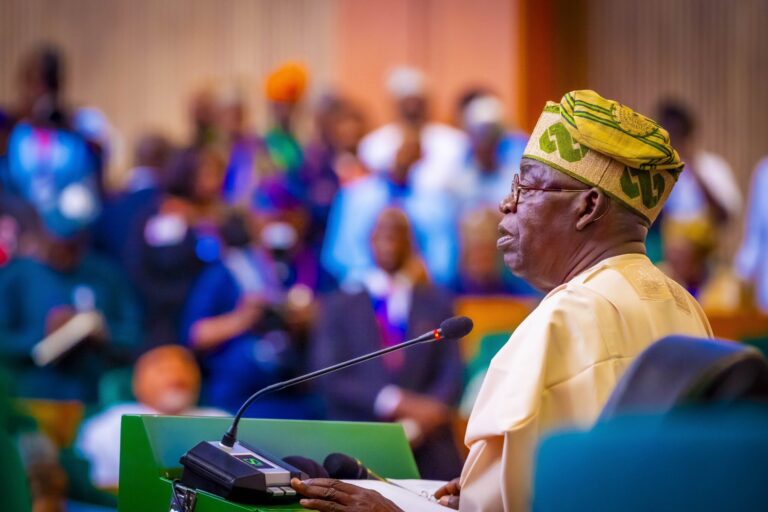Two years into President Bola Ahmed Tinubu’s administration, the much-anticipated N200 billion intervention fund for manufacturers and small businesses has yet to deliver meaningful results—despite its promise to revive sectors strained by fuel subsidy removal and currency reforms.
Initially unveiled in July 2023, the intervention was meant to channel N75 billion to large-scale manufacturers and N125 billion to micro, small, and medium-sized enterprises (MSMEs), providing access to subsidized credit and cushioning the impact of the president’s economic policies.
Stalled Progress and Delayed Relief
Although the administration began disbursing N50,000 nano grants in April 2024, larger loans—up to N1 million for MSMEs and N1 billion for manufacturers—remain largely inaccessible. According to industry leaders and trade groups, the funds are stuck in a web of bureaucratic red tape and unclear guidelines.
The delay has created widespread frustration among entrepreneurs, who say the funds were a beacon of hope when initially announced but have now become a symbol of unmet expectations.
A Bold Promise Amid Economic Upheaval
In his July 31, 2023, national address, President Tinubu promised to support businesses struggling under the weight of his economic reforms.
“To strengthen the manufacturing sector… we will spend N75 billion between July 2023 and March 2024. Our objective is to fund 75 enterprises to accelerate growth and improve productivity,” he said.
For MSMEs, Tinubu pledged N125 billion in targeted support to power Nigeria’s informal economy, long considered the backbone of job creation and local innovation.
Official Rollout — and New Questions
The fund was not formally launched until April 22, 2024, nearly a year after the announcement. Minister of Industry, Trade and Investment Doris Uzoka-Anite unveiled a revised plan, allocating N75 billion each to manufacturers and MSMEs—a significant deviation from the original N125 billion earmarked for the latter.
This change sparked concern, especially among MSME advocates, who viewed the reduced commitment as a signal that the informal sector might be deprioritized.
Where Are the Funds? Industry Groups Demand Clarity
Despite the launch, most major industry associations say their members haven’t received any loans. According to The ICIR, groups like the Manufacturers Association of Nigeria (MAN), Association of Small Business Owners of Nigeria (ASBON), and the Lagos Chamber of Commerce and Industry (LCCI) have voiced concerns over lack of transparency, unclear disbursement procedures, and vague eligibility criteria.
“The only thing we’ve seen is the President’s promise. No one knows how the loans are being processed or who is actually receiving them,” said one MSME representative.
Grants Are Not Enough
While the N50,000 grants to nano businesses have been received by some, many stakeholders argue they are insufficient in today’s inflation-strained economy.
“Yes, some of our members got N50,000. But what can that really do for a business today?” asked Femi Egbesola, President of ASBON. He noted that while members were told they could apply for up to N5 million, no one has been able to access that funding so far.
Manufacturers Still in Limbo
Even larger businesses—the intended beneficiaries of the N1 billion loans—have had no better luck. Segun Ajayi-Kadir, Director-General of MAN, previously warned that even if disbursed, the current scale of the intervention wouldn’t resolve the credit crisis crippling Nigeria’s industrial sector.
He advocated for a broader, long-term financing strategy, where manufacturers can access low-interest loans consistently and reliably—not just one-off palliatives.
The Verdict: Much Promised, Little Delivered
As Nigeria navigates a challenging economic landscape, small businesses and manufacturers remain on edge, hoping the government will move from policy talk to tangible action.
With inflation rising, and access to affordable credit shrinking, the need for meaningful, timely support has never been more urgent.
Until then, Tinubu’s N200 billion pledge remains—at best—a promise in progress, and at worst, another policy stuck in the pipeline.

